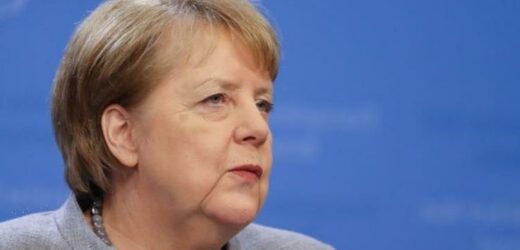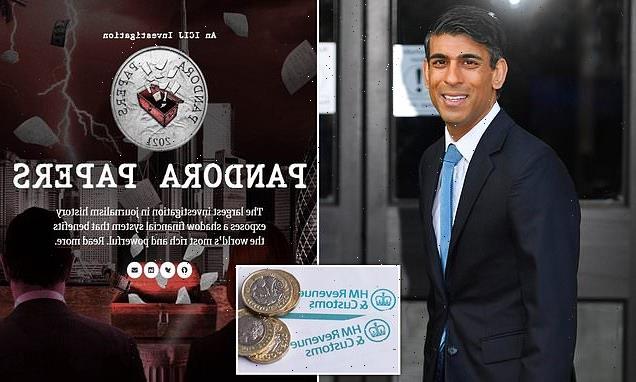Germany election: Juncker reflects on Merkel’s time in office
We use your sign-up to provide content in ways you’ve consented to and to improve our understanding of you. This may include adverts from us and 3rd parties based on our understanding. You can unsubscribe at any time. More info
Ms Merkel will be stepping down as Chancellor later this year after losing out in the German elections. The German Greens, or the Alliance 90, came third and are looking likely to enter a governing coalition under the first-placed Social Democrats and the pro-business Free Democratic Party, who came fourth. Express.co.uk spoke to Greens member Lisa Badum, who said Germans have grown frustrated with Ms Merkel, who dubbed herself the Climate Chancellor, for her poor progress made in the nation’s car industry.
She said: “At the moment, the car industry is more progressive than the government.
“The big car companies all said that electric cars will be our future, but the Government told companies they could still build big cars and told companies they would lobby in the EU for them.
“The government have changed their course now, but they should have done it years ago.
“This lobby protecting industry politics was not protection, it actually hindered innovation and that was wrong.”


Ms Merkel personally intervened in Brussels over car emissions and successfully managed to force the EU to water down regulations German car companies feared would harm their business models.
In 2013 she succeeded in overturning an already concluded agreement on cutting carbon dioxide emissions, postponing some regulations until 2021.
But she is said to have now deserted.
Despite this, Ms Merkel warned in September that focusing exclusively on electric cars as a strategy to decarbonise transport is not the best strategy.
She said at the International Motor Show (IAA) in Munich: “I am pleased that it is now unmistakable that the trend is clearly toward electric mobility.

But she then urged automakers to explore alternatives such as hydrogen and ensure the industry is a “central part of the solution” to climate change.
Ms Merkel had also set a goal of introducing one million electric car charge points by 2030 to move away from cars having internal combustion engines and make mobility “climate-friendly, flexible, value for money and comfortable.”
This 2030 goal is also part of the Chancellor’s target to halve carbon emissions by 2030.
But more critics have said she should have addressed the issue of pollution within the car industry much sooner and claim her lobbying in Brussels has slowed down the transition to e-mobility.
DON’T MISS
German Greens to work with UK if they gain power [REVEAL]
Scientists claim giant comet is hurtling towards the Milky Way [INSIGHT]
UK to dodge EU power chaos as ‘remarkable’ link with Norway goes live [REPORT]


Volkswagen boss Herbert Diess has also blamed Ms Merkel for slowing down the electric revolution by incentivising diesel engines even after his company was seeking to make the switch.
He told AFP in an interview: “A car company cannot do this transition (alone) because you need the right environment.
“If you keep diesel cheap… nobody will buy an electric car, it’s impossible.”
Source: Read Full Article


